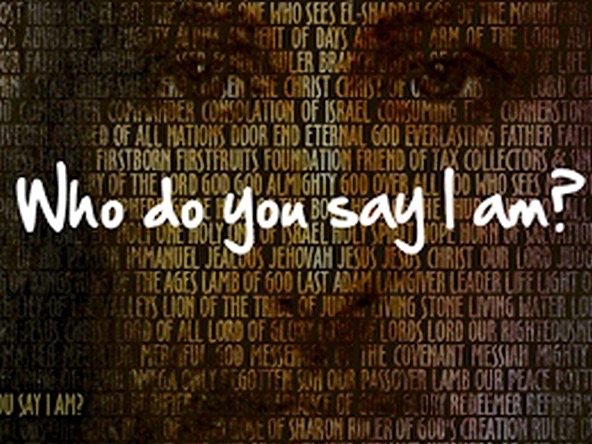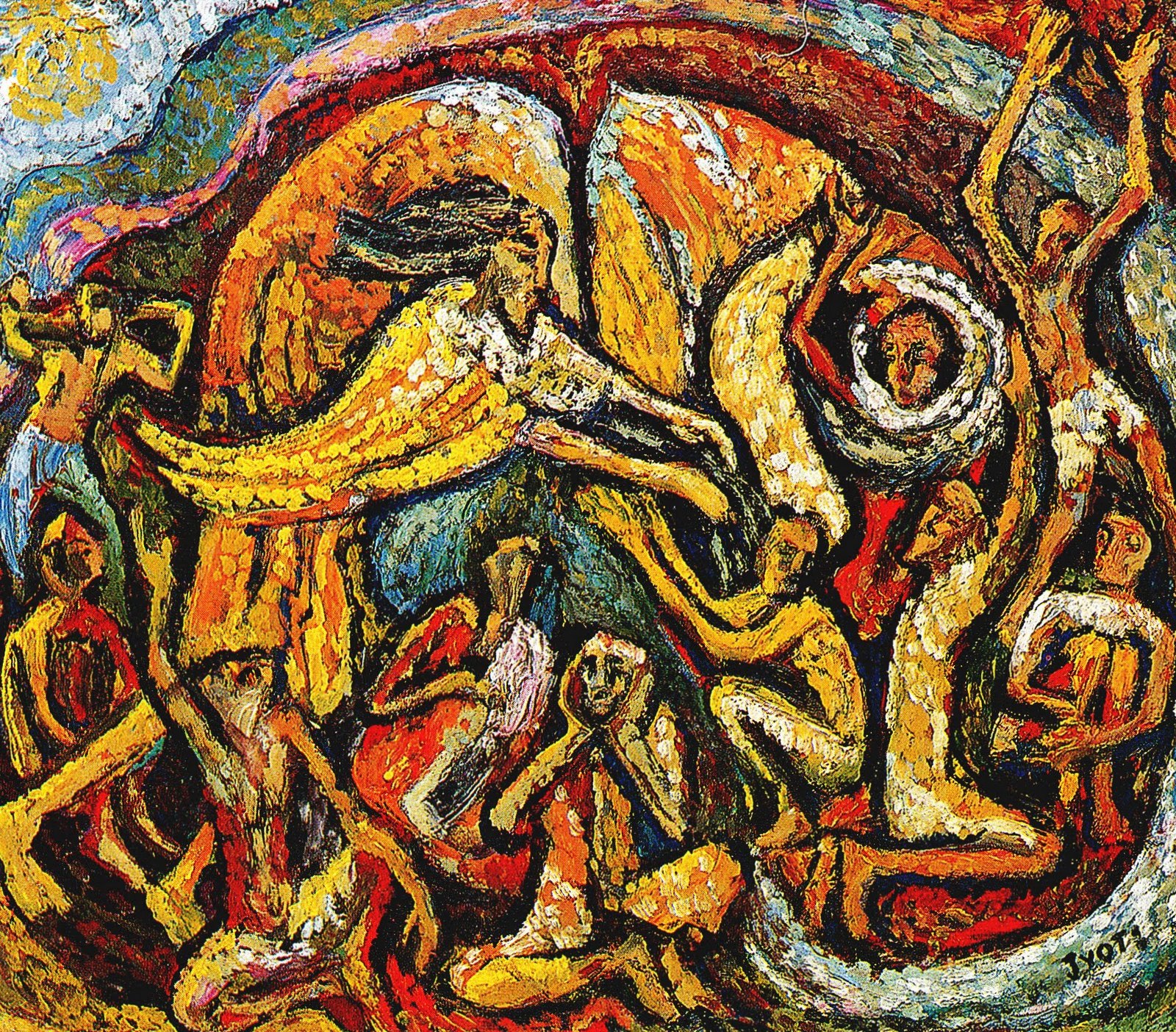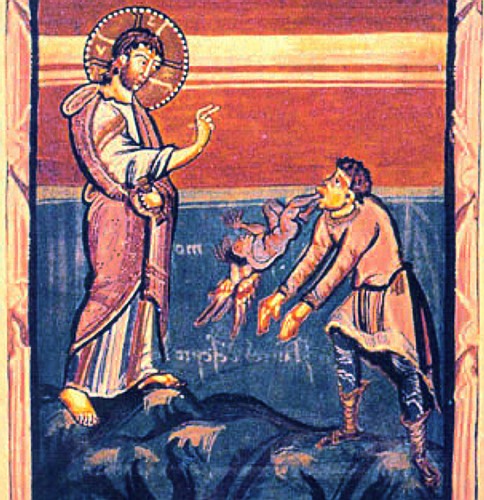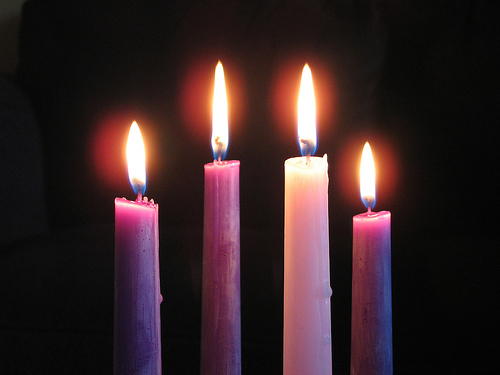Reflections on journeys: identity, name and personhood at the border during times of change and passage
We know what we are, but not what we may be. ― William Shakespeare When I discover who I am, I’ll be free. ― Ralph Ellison The best way to find yourself is to lose yourself in the service of others. ― Mahatma Gandhi He allowed himself to be swayed by his conviction that human […]





